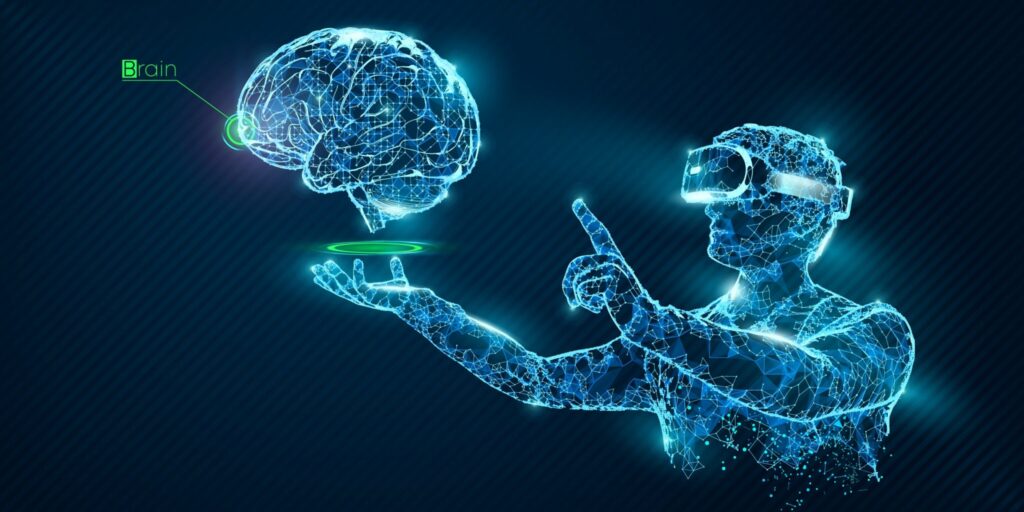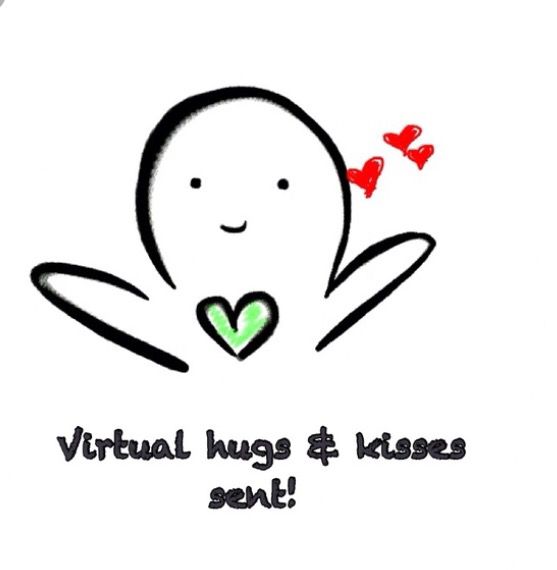
Technology has become an undeniable force in our lives, shaping how we work, play, and connect. But its influence extends far beyond convenience and entertainment – it’s fundamentally altering our relationship with our own minds. This raises important questions: How is technology impacting our mental well-being? Can we harness its power to improve our mental health? Let’s explore these complex issues.
Mental Health Apps: A Digital Lifeline or Just Hype?
The rise of mental health apps has been nothing short of explosive. These pocket-sized tools offer a dizzying array of features, from guided meditations and breathing exercises (simple term: techniques to help you relax) to mood trackers (simple term: digital diaries for your feelings), cognitive behavioral therapy (CBT) exercises (simple term: activities to help you change unhelpful thoughts), and even virtual therapy sessions with licensed professionals (simple term: talking to a therapist online).
But with thousands of apps vying for our attention, it’s crucial to separate the wheat from the chaff. Here’s a closer look at their potential benefits and limitations:
The Potential of Mental Health Apps:
Accessibility: Perhaps the most significant advantage is accessibility. Mental health apps break down barriers to care by offering affordable, on-demand support to anyone with a smartphone. This is particularly crucial for individuals in remote areas, those with limited mobility, or those who struggle to find time for traditional therapy.
Anonymity: For some, the anonymity of using an app can be liberating. It can make it easier to open up about sensitive issues and seek help without fear of judgment.
Personalization: Many apps offer personalized experiences, tailoring content and exercises to individual needs and goals. This can enhance engagement and effectiveness.
Skill-Building: Apps can be powerful tools for learning and practicing coping skills. They can provide step-by-step guidance on techniques like mindfulness, stress management, and relaxation.
Early Intervention: Some apps use sophisticated algorithms to monitor user data and identify potential warning signs of mental health concerns. This can facilitate early intervention and prevent issues from escalating.
The Limitations of Mental Health Apps:
Not a Replacement for Therapy: While incredibly helpful, apps cannot replace the nuanced support of a human therapist, especially for individuals with severe mental health conditions.
Quality Control: The app market is largely unregulated, and the quality of apps can vary significantly. Some may lack scientific backing or promote unrealistic expectations.
Data Privacy Concerns: Sharing sensitive personal information raises concerns about data privacy and security. It’s essential to choose apps from reputable developers with strong privacy policies.
Over-reliance: There’s a risk of becoming overly reliant on apps and neglecting other essential aspects of self-care, such as social interaction and physical activity.
The Verdict: Mental health apps can be valuable tools for improving well-being, but they should be used responsibly and, in many cases, as a complement to traditional therapy rather than a replacement.
The Double-Edged Sword of Technology: Navigating its Impact on Our Minds
Beyond the realm of mental health apps, it’s crucial to examine the broader impact of technology on our mental well-being. Technology is a double-edged sword, offering both incredible opportunities and potential pitfalls.
The Bright Side:
Connection and Community: Technology has revolutionized how we connect. Social media platforms, video calls, and messaging apps allow us to maintain relationships across distances and find communities with shared interests.

Access to Information and Support: The internet provides instant access to a wealth of information on mental health topics, self-help resources, and online support groups.
Creativity and Self-Expression: From digital art and music production to blogging and vlogging, technology provides endless avenues for creative expression and self-discovery.
Enhanced Learning: Online learning platforms and educational apps make knowledge and skill development more accessible than ever before.
The Dark Side:
Information Overload and Digital Stress: The constant barrage of information, notifications, and demands for our attention can lead to digital stress, anxiety, and feeling overwhelmed.
Social Comparison and Low Self-Esteem: Social media often presents an idealized version of reality, leading to social comparison, feelings of inadequacy, and low self-esteem.
Sleep Disruption: The blue light emitted from screens can interfere with sleep patterns, leading to fatigue, irritability, and difficulty concentrating.
Addiction and Escapism: Excessive use of technology can lead to addiction, social isolation, and a tendency to use technology as a means of escape from real-life challenges.
Cyberbullying and Online Harassment: The anonymity of the internet can embolden individuals to engage in cyberbullying and online harassment, which can have devastating consequences for mental health.
Finding Balance in a Digital World:
The key to harnessing the benefits of technology while minimizing its risks lies in finding a healthy balance. This involves:
Mindful Usage: Being conscious of how and why we use technology, setting limits on screen time, and prioritizing real-life interactions.
Digital Detox: Taking regular breaks from technology to recharge and reconnect with ourselves and the world around us.
Cultivating Digital Literacy: Developing critical thinking skills to evaluate information online and resist the pressures of social comparison.
Prioritizing Self-Care: Engaging in activities that promote mental well-being, such as exercise, spending time in nature, and pursuing hobbies.
The Future of Tech and Mental Health:
As technology continues to evolve, so too will its impact on our minds. Artificial intelligence, virtual reality, and wearable sensors hold immense potential for revolutionizing mental healthcare, offering personalized interventions, early detection of mental health concerns, and innovative therapies. However, it’s crucial to proceed with caution, ensuring ethical considerations, data privacy, and equitable access are at the forefront of these advancements.
The conversation starts here. How has technology impacted your mental well-being? What strategies do you use to find balance in a digital world? Share your thoughts and experiences in the comments below!

